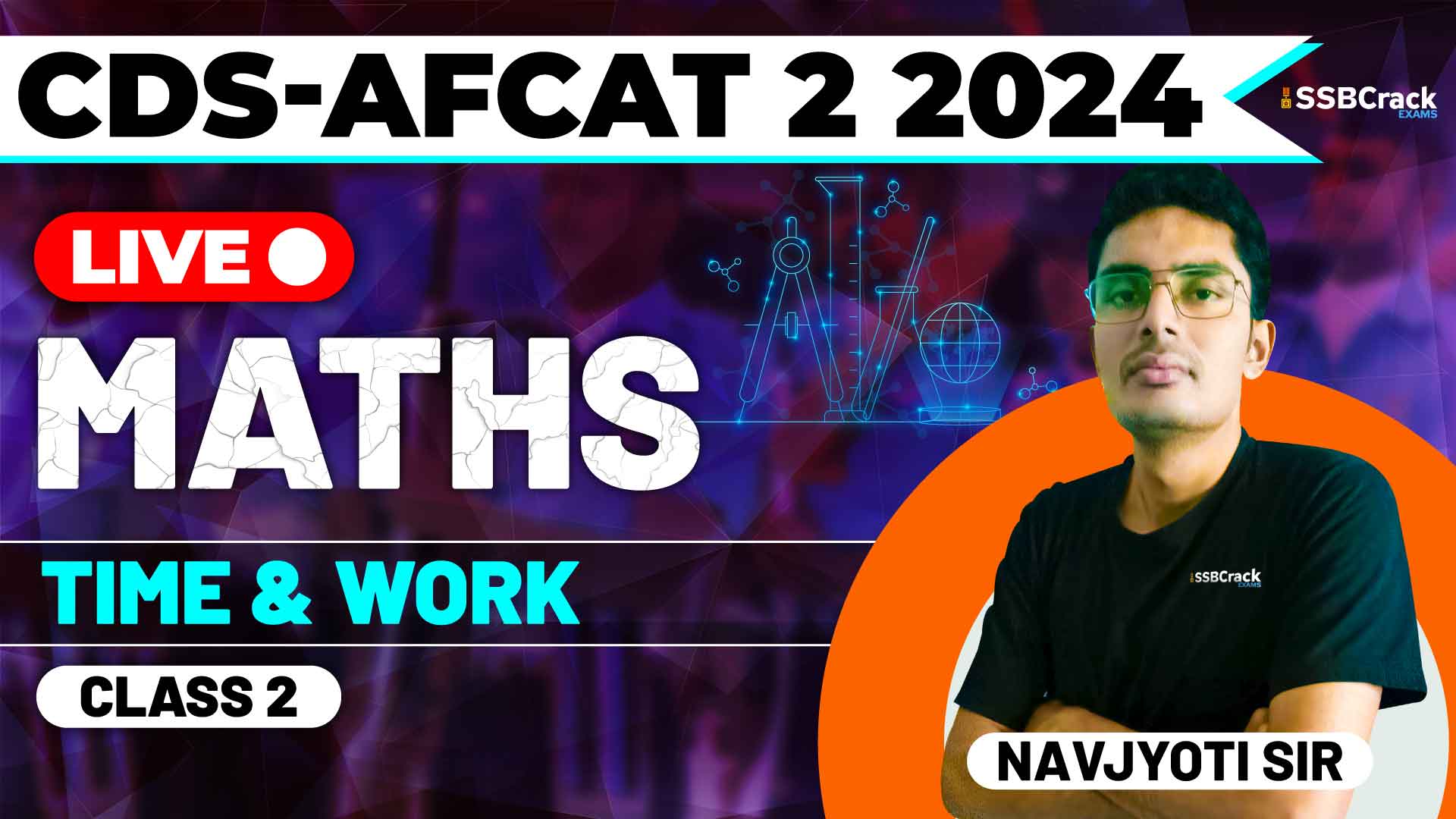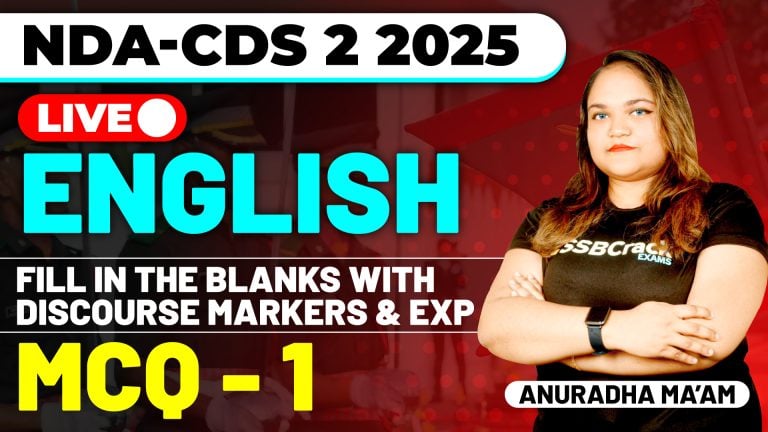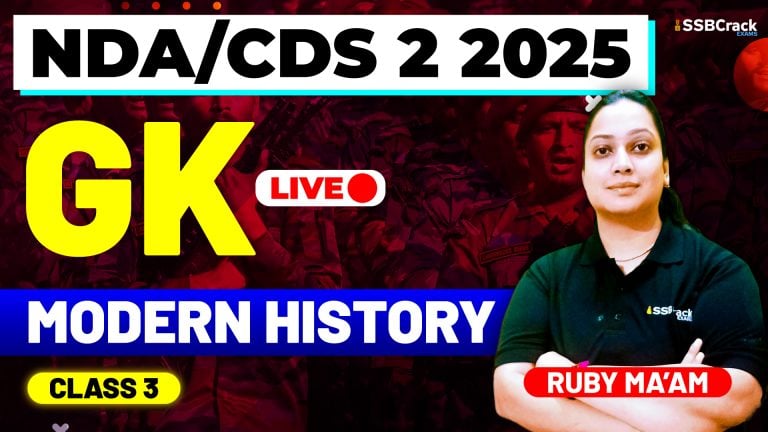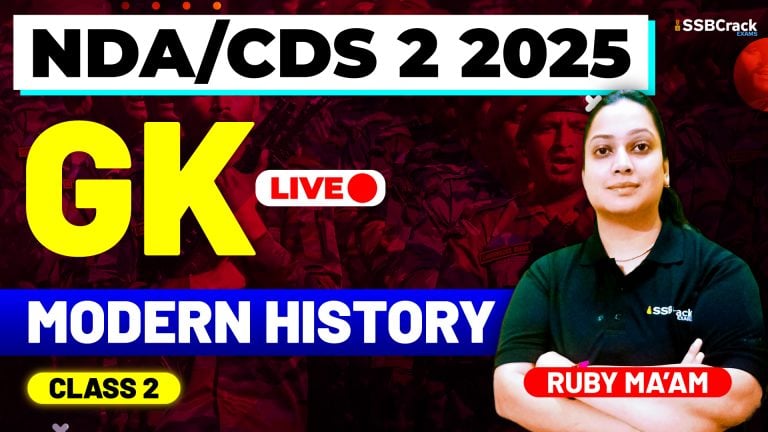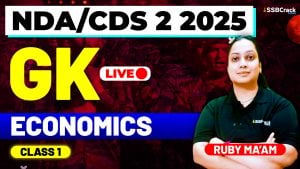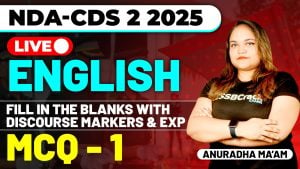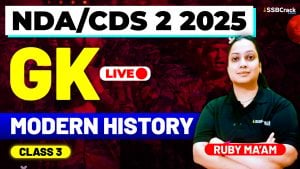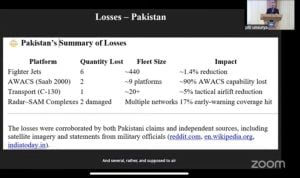Preparing for competitive exams such as the Combined Defence Services (CDS) and Air Force Common Admission Test (AFCAT) requires a solid understanding of various mathematical concepts. One of the critical areas tested in these exams is Time and Work. This blog will provide an overview of a class dedicated to solving multiple-choice questions (MCQs) based on Time and Work concepts, focusing on practical applications and effective strategies.
Understanding Time and Work Concepts
Before diving into the MCQs, it’s essential to understand the basic concepts of Time and Work, which include efficiency, work done in a day, and the interplay between different variables such as the number of workers, hours worked, and the total work required.
- Work: The task or amount of work to be completed.
- Time: The duration required to complete the task.
- Efficiency: The rate at which a person or group can complete a task, often measured in work done per unit of time.
Key Concepts and Their Applications
Work Done in One Day
Calculating the amount of work done in one day helps determine the total time required to complete a task when multiple workers are involved. This concept is crucial for solving MCQs that ask about different scenarios involving time and workers.
Pipes and Cisterns
Problems involving pipes and cisterns are a variation of Time and Work problems. These questions typically ask how long it will take to fill or empty a tank when multiple pipes are working together or against each other.
Formulas Relating Different Scenarios
Understanding the relationships between the number of workers, hours worked, total work, and wages is vital. These formulas help solve complex MCQs where multiple variables are involved.
Strategies for Solving Time and Work MCQs
- Understand the Problem: Carefully read each question to identify what is being asked. Determine whether you need to calculate time, work, or efficiency.
- Identify the Units: Ensure all measurements are in consistent units. Convert units if necessary to match the given data.
- Apply the Formulas: Use the relevant formulas for efficiency, work, and time to find the solution.
- Check the Options: In MCQs, checking the provided options can help you narrow down the correct answer quickly.
- Practice Regularly: Regular practice of different types of problems will help you recognize patterns and common question types.
Example Problem and Solution
Question: A task can be completed by 5 workers in 9 days. After working for 3 days, 2 more workers join the team. How many more days are needed to complete the task?
Explanation:
- Calculate the total work required.
- Determine the work done by the initial team of 5 workers in 3 days.
- Calculate the remaining work.
- Determine the combined efficiency of 7 workers (initial 5 plus 2 more).
- Calculate the time required to complete the remaining work with the new team.
This type of question tests your ability to adapt to changing scenarios and recalculate based on new variables.
Tips for Effective Preparation
- Consistent Practice: Solve as many MCQs as possible from various sources to familiarize yourself with different question types.
- Mock Tests: Take timed mock tests to simulate the actual exam environment and improve your speed and accuracy.
- Analyze Mistakes: Review and analyze mistakes made during practice or mock tests to understand where you went wrong and how to correct it.
- Engage in Study Groups: Discussing problems with peers can provide new perspectives and problem-solving techniques.
- Use Reputable Resources: Use reliable study materials and online resources that offer a wide range of practice questions and detailed solutions.
Conclusion
Mastering Time and Work concepts, including efficiency, work done in one day calculations, pipes and cisterns, and formulas relating different scenarios, is crucial for success in the CDS and AFCAT exams. The class dedicated to solving MCQs based on these concepts emphasized the importance of practical application and strategic problem-solving.
By understanding the fundamentals, practicing regularly, and using strategic approaches to problem-solving, you can enhance your proficiency in this area. Each practice session brings you closer to achieving your goal. Stay focused, practice diligently, and approach each problem with a clear, analytical mind. Good luck!
By following these guidelines and regularly engaging with the material, you’ll be well-prepared to tackle any Time and Work questions that come your way in the CDS and AFCAT exams.


